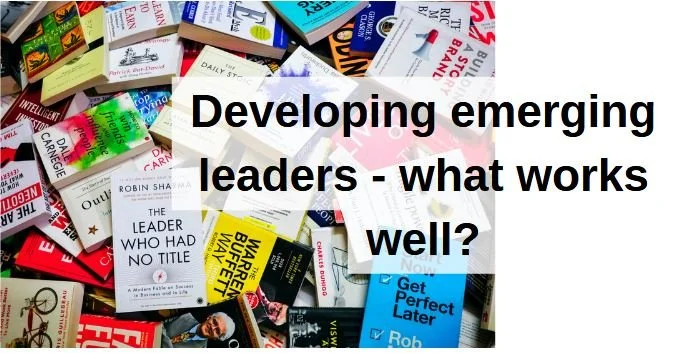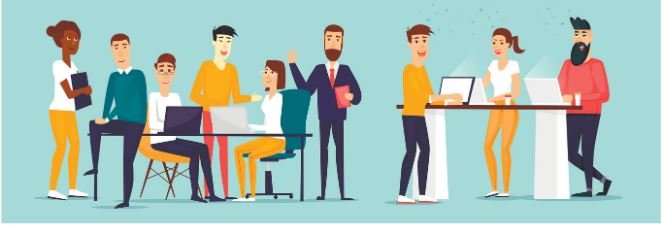You haven’t heard much from us over the past few years as we have been working away on developing, refining and delivering our Work Savvy Programme, a five-month blended learning self-leadership development programme for new- to mid-career professionals.
We have come a long way over the past eight years and have certainly learnt a lot about what works and what doesn’t! And we’re still learning! We are very appreciative of all the fabulous friends, family and colleagues in our network who have helped us along the way. We couldn’t have achieved this without your valuable support and advice.
2022 IN BRIEF
We are very proud to say that in 2022 we delivered two successful Work Savvy full programmes for participants spread geographically across New Zealand, alongside other client workshops. In our final evaluations for the programmes, participants gave the NZ CA (New Zealand Chartered Accountants) programme a net promoter score of 9.2/10, up from 8.8/10 in 2021. Participants gave the Host International Aotearoa programme a net promoter score of 9/10 (for women from a former refugee background). This means that participants were very likely to recommend the programme to others.
What we think works well
A lot of hard work and energy has gone into developing our core programme, and we have
reflected on and would like to share what we think have been some key success factors. The
learnings might not seem like rocket science, but they are a good reminder about what does
make a difference.
In this world of information overload, it is easy to try and cover so many topics and activities
around building self-leadership skills, that the key outcomes become a blur. This is why in this
programme we use the idea of a workplace athlete to talk about success in the workplace. Like
an athlete, it involves regular training and practice, meeting goals, having good systems in place
and a strong and healthy mindset.
Here are our key reflections from multiple years running our programmes:
In our workshops the opportunity to brainstorm ideas, answer questions and discuss learnings
with peers had a significant positive impact. Many participants have noted this aspect of the
programme as a highlight over the past few years. Knowing that others are in the same situation
as yourself helps grow individual confidence and develop solid relationships with others across
the cohort.
We created many opportunities for social learning throughout the programme. In particular, we
think the online monthly peer coaching/action learning forums definitely made a difference. Our
participants coach each other using the practical (yet fabulous) GROW tool, meaning they
created actionable learnings that they took back to their workplaces and personal lives.
We had a near 100% participation rate for online workshops in the NZ CA programme which
was similar to 2021. We are particularly proud of this as our focus has been to create a learning
experience which is inspiring and at the same time practical, safe and relevant to the context of
our participants. A comment from one of our participants tells us we are on the right track:
“I could have used a whole year of this programme. It was great to always be learning something new and useful” ”
Key take-away: Build lots of opportunity for peer/social learning into your programme.
In our early days we focused a lot on developing and delivering online content, as we already
had a pool of talented facilitators to draw on in addition to our existing expertise running
workshops. We are proud to say that we now have a library of 15 micro-learning modules which
our participants tell us are engaging and practical. These supplement the learning in workshops
with extra tools and information.
The modules focus on the fundamentals of self-leadership and self-management including
topics such as: How to deal with challenges; Feedback essentials; Managing your time;
and Working with your manager and others. We work with fabulous partner facilitators who
are experts in their respective fields, to deliver engaging and useful online workshops. We
reckon taking a programme approach (a blend of live workshops, peer coaching sessions and
bite-sized micro-learning modules over four or five months) helps learners stay engaged and the
learning to stick.
In 2022 we saw the opportunity in a less COVID-restricted environment to change the format of
our introductory workshop from online to face-to-face (in addition to the concluding face-to-face
workshop). We think that adding the introductory face-to-face workshop also had a significant
positive impact on the programme outcomes. It helped create deeper relationships across the
cohort prior to the online workshops, which in turn increased the engagement and learning take-
up as people felt more comfortable contributing to group discussions. As reinforced by a
participant:
“Loved having the face-to-face workshop at the start, that set the tone for the rest
of the workshops.””
Although the face-to-face workshops are an additional cost, we think it’s worth the investment to
start the programme off well.
Key take-away: A good mix of face-to-face, online workshops and e-learning is most effective.
Participants across all our cohorts noted how helpful it was to learn about their individual
strengths. Although this might seem obvious, don’t under-estimate the power of incorporating a
focus on strengths into your programme.
Our 2022 participants were all women in both cohorts – a first for us! We noted that “building
confidence” was a work-on area for many. A strengths tool (thanks Kate Thompson!) was a
great way to build self-awareness and self-belief. Some of our participants have been raised or
come from workplace cultures that tend to focus more on weaknesses than strengths, draining
both their confidence and energy. We noticed in our programmes that a focus on strengths
creates hope and possibilities.
Participant comments reinforce this:
“This programme has been invaluable for me personally. It has helped to shape the way I see myself, how I relate to colleagues and clients and made me a better employee and colleague along the way.””
In addition, the strengths focus allows participants to apply their strengths to many possible
practical uses, e.g.: understanding and collaborating with others; improving personal resilience;
preparing for performance conversations; planning professional and career development;
achieving goals etc. Our participants, who typically come from technical professional
backgrounds, found this very useful.








